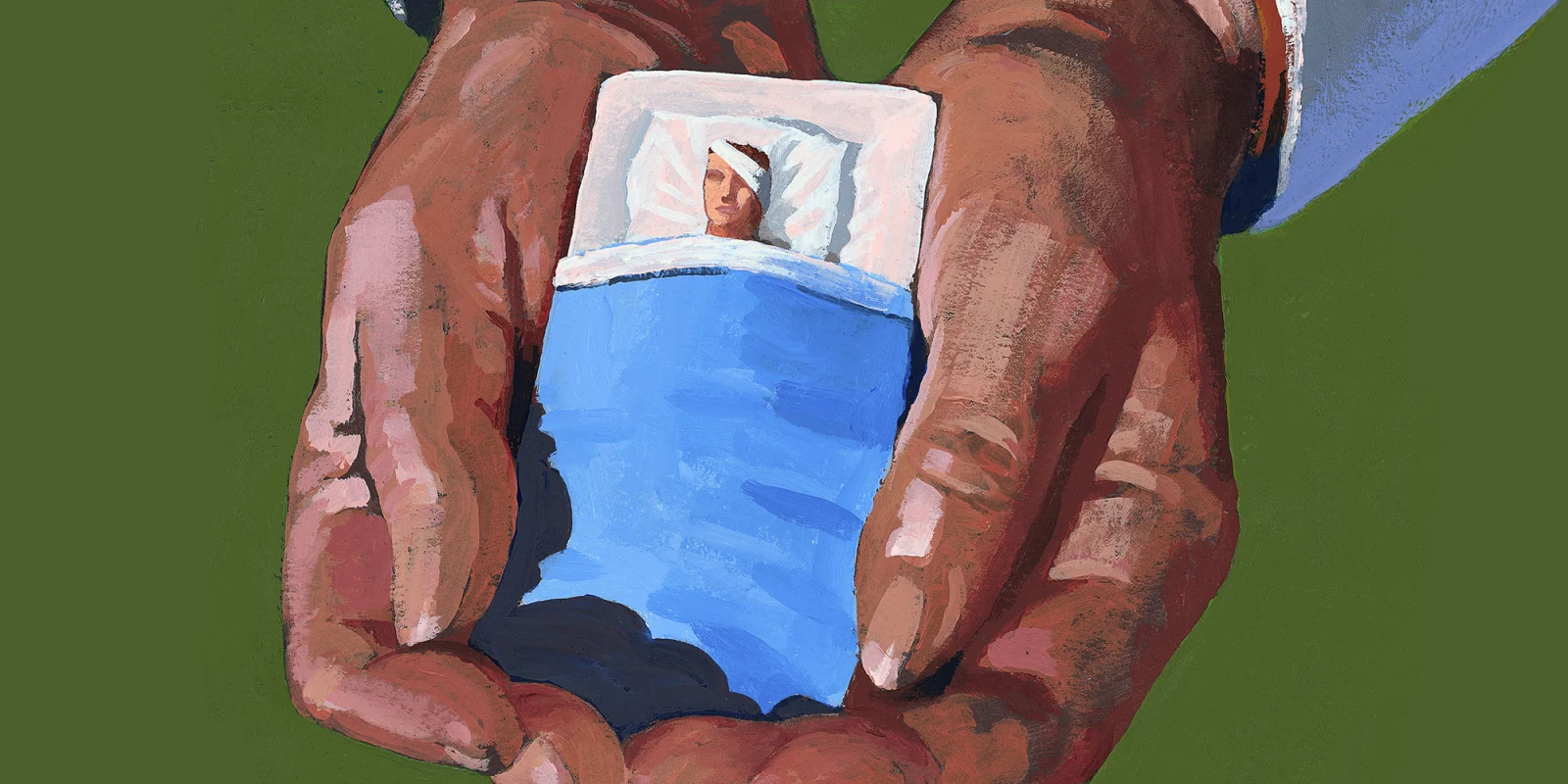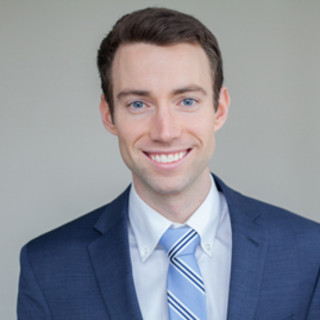
Walking into meet my first client, I wasn’t sure what to expect. I had never visited anyone in jail before and was unsure of what the experience would be like. The first thing I noticed when walking into the visitation room was the thick glass pane separating us. The room looked like the prison visitation rooms in the movies, but the set up was unexpected in the context of a patient encounter. The physical exam is a core part of a medical exam but that was clearly impossible. The pane was a physical separation that impacted much more. It was a barrier between us that seemed to extend into the conversation. The contrast between life on either side of the pane was glaring.
My rotation was the with the Orleans Public Defenders Office, and my main role entailed interviewing inmates to determine whether they were receiving adequate medical care while in jail. I would gather information about what medications they were receiving, where they had received care in the past, and what current interventions had occurred while in jail. I would synthesize this information for the lawyers so they could advocate for patients to receive appropriate treatment. Without the budget for an accredited physician, a volunteer medical student was the next best option for the public defenders. As one might imagine, the medical care in Louisiana’s prison system is not well regarded. The Louisiana State Penitentiary is currently in the midst of a lawsuit surrounding accusations of poor care of their prisoners.
For the most part, I was unaware of my client’s accused or previous crimes. I was thankful for this omission from the public defenders' notes. It prevented any past or accused crimes from influencing my perception of these patients. As a medical advocate, I was there to recommend medical care for clients regardless of their crimes. The purity of the role was refreshing. I would recommend what I thought was best. I was free from outside influences. I was neither judge nor jury; only responsible for ensuring these patients received the best medical care possible. In the setting of complex legal situations, it was nice to be able to focus on one thing and try to do it well. It was also a reminder that inmates are not my only patients that need advocates.
Amidst busy clinical practices, the role of "advocate" is one easily forgotten by physicians. We always fight for our patients to achieve the best clinical care. That usually involves pressing for insurance coverage or consults with other providers, but our roles extend outside of direct patient care. Our degrees afford tremendous power, and our power can be used to champion ideals that support the disadvantaged and marginalized. The effort needed to acquire our degrees and our mission to heal the sick commands almost universal respect. Our backing of bills, laws, or opinions provides them legitimacy because of the respect we receive. Outside influences often seek to harness this power, so whenever possible we should eschew conflicts of interest. The desire to remain neutral should not prevent us from supporting causes we value. As I used my medical knowledge to aid and advocate for the needs of my inmate patients, all physicians should use their influence and respect to promote this advocacy for all patients.
Image: Jonathan Evans / gettyimages
Cameron Todd is a fourth-year medical student at Tulane University School of Medicine. He is a 2018–19 Doximity Author.







